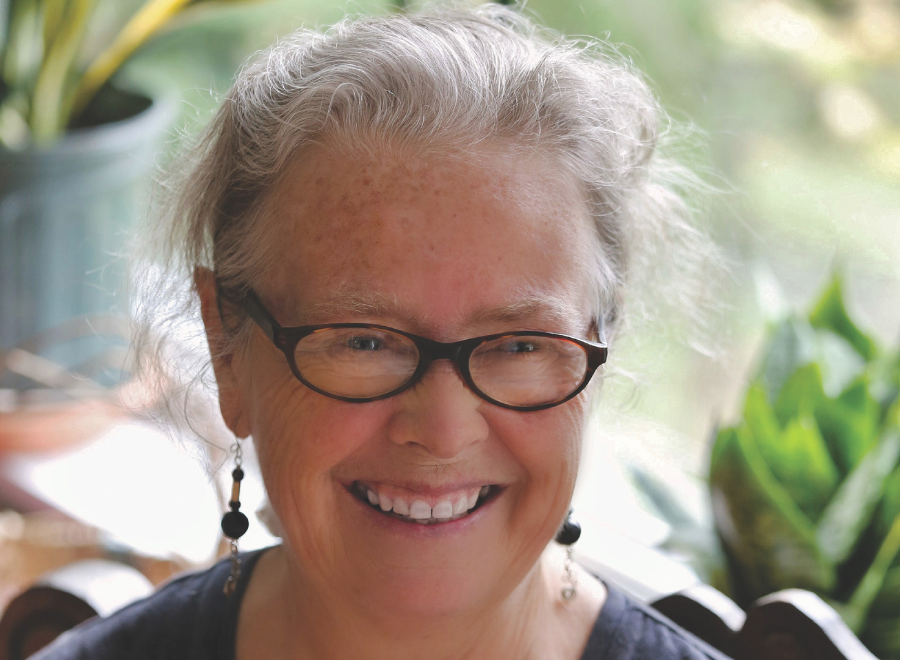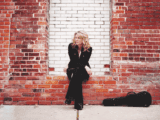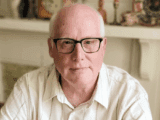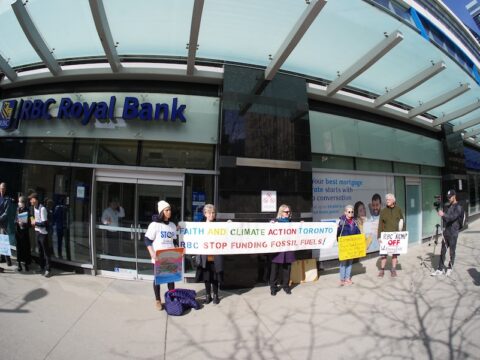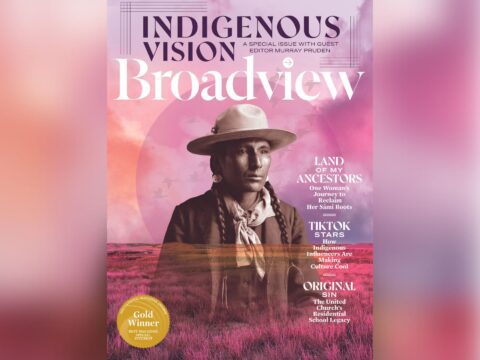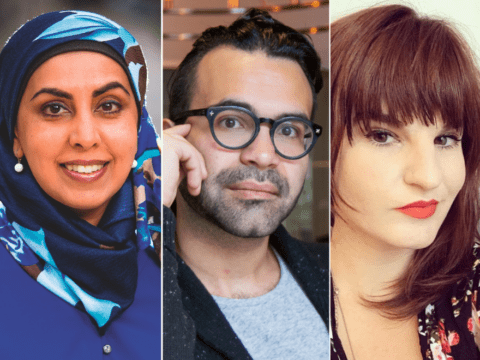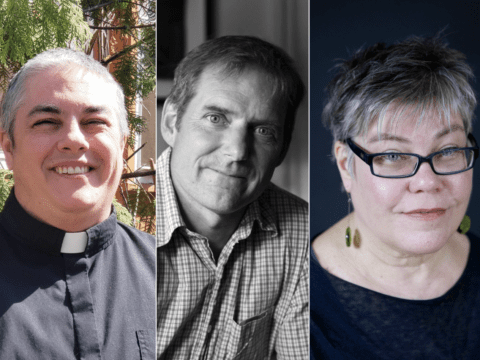Kathryn Anderson spoke with Mike Milne for a series on Intriguing United Church people you may not know but should.
The ecumenical group I worked with in Montreal sent me to the World Council of Churches meeting in Vancouver in 1983. There, I encountered Guatemalan refugees for the first time, doing theatre and music. I found out they were coming to Montreal, went and met them again, met their friends who were refugees, and began a journey of solidarity and accompaniment of Guatemalan refugees. And that has profoundly changed my life.
You may unsubscribe from any of our newsletters at any time.
I was hired by Tatamagouche Centre in 1988. The centre wanted to initiate some work around global justice. So I suggested a focus on Guatemala. That is how we developed both the Guatemalan Breaking the Silence program [aimed at building understanding and links between Canadians and Guatemalans] and the Breaking the Silence solidarity network, independent of the centre.
During the period of genocide [in Guatemala in the 1970s and 1980s] — when there were over 600 massacres of men, women and children — more than 200,000 people fled to Mexico. Many of those people came back in organized groups, negotiating their return with the government and army of Guatemala, with the support of the UN High Commissioner for Refugees. I think they were the first refugee group in the world to negotiate their own return.
I was a human rights accompanier on the border of Mexico and Guatemala, in what was really a jungle area, when the second group of returning refugees came back to Guatemala. And what a celebration that was. To come back when the conflict was still happening took tremendous courage and determination. But it was also a time of great joy and great hope.
At Tatamagouche Centre, we have organized, since 1991, yearly Breaking the Silence delegations to Guatemala. During one of our visits, we met with a group of internally displaced Guatemalans who had been living in the jungle in the dark because they could never have fires in the daytime or move around. And they “came out into the light,” as they said, and met with us in Guatemala City. As they spoke the truth of their experience, I said to myself, “I can never say that I don’t know this.”
Many people during the Holocaust in Germany said that they didn’t know and that was their reason for not acting. I knew that I knew, and so in some sense that is why my life has included a huge Guatemalan solidarity.
I think it’s very easy for people to not let that truth in. But we have brought more than 70 Guatemalans to Canada to speak about their experience — whether it was about genocide or mining or establishing women’s co-operatives — and the stories have begun to impact people here.
I have been to Guatemala at least once a year, every year, since 1988. I’ve developed friendships and relationships with individuals and groups in Guatemala. And having those relationships, it’s not easy to walk away. Especially when I see them under extreme duress, like threats to their lives, threats to their livelihoods; to see them carry on with great courage and humour and celebration and mourning.
I never feel that I am sacrificing. Sure, there are moments when I just wish I could get off the computer and go to the beach and do things like that. But those times are so small in comparison to what I have learned and gained by being in solidarity with people in Guatemala. It is costly, but it is also a blessing and hope-filled to be among those who have the courage to struggle.
Even in the darkest time, I always see reason for hope. But it’s not an easy hope; it’s a painful hope. In that sense, it reinforces my understanding of social sin and social evil.
This has been reinforced for me since 2004 when, kind of abruptly and unexpectedly, many of us in the ecumenical movement realized that a Canadian company was involved in oppressing people through the development of the first Goldcorp Inc. mine [in Guatemala] without any sense of consent from the people. Those of us in the United Church who have been involved in the Breaking the Silence network have become horribly concerned about the United Church pension fund’s investment in Goldcorp.
I haven’t given up on the church. I think that in some ways we still can access that history of commitment to social justice. But it’s not so easy to do as it was in the 1970s and ’80s.
***
This story first appeared in The United Church Observer’s November 2014 issue with the title “Kathryn Anderson, Crusader for human rights in Guatemala.”

